1. Hung Clothes on a Line to Dry in the Sun

Long before energy bills soared, our grandparents made the most of sunshine. A simple clothesline out back saved dryer costs and gave linens a crisp, fresh scent no detergent could copy. Even towels softened in the breeze. Dryers weren’t common, and when they were, many avoided them to keep fabrics from wearing out fast. Consumer Reports estimates regular line-drying can save families up to $100 annually. It’s slower, yes, but also more intentional. And when you add it up, a little sunshine goes a long way in both savings and soul-soothing simplicity.
2. Saved Bacon Grease to Flavor Other Meals
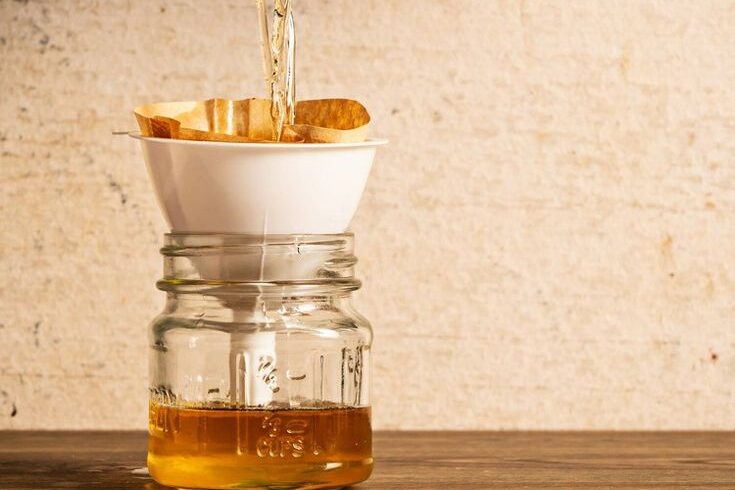
That coffee tin of bacon grease wasn’t just kitchen clutter. It was gold. Our grandparents saved cooking fat after frying bacon and used it to flavor beans, cornbread, eggs, or gravy. “Nothing was wasted, not even grease,” joked a Southern cook in The Kitchn. In times when butter and oil were expensive or scarce, rendered fat stretched meals and added comfort. It’s making a comeback now, especially among chefs craving depth and nostalgia. Saving grease might not be for everyone, but it’s a small habit that once kept bellies full and taste buds happy.
3. Turned Old Clothes into Rags, Quilts, or Kids’ Clothes
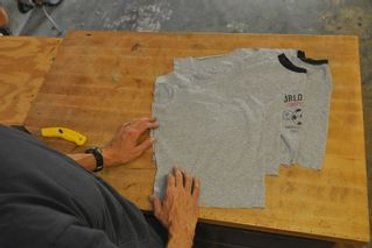
When a shirt ripped or pants faded, they didn’t go in the trash. Grandparents turned worn clothes into cleaning rags, stitched pieces into quilts, or cut them into play clothes for the kids. Every scrap had a use. “We didn’t waste a thing,” one woman recalled in a Smithsonian interview. Old denim became patch pockets or apron ties. Even buttons were saved. It was about function over fashion and being clever with what you had. Repurposing taught resourcefulness, and today, it’s not only practical but also a gentle way to reduce landfill waste.
4. Shopped Secondhand Out of Necessity Long Before It Was Cool
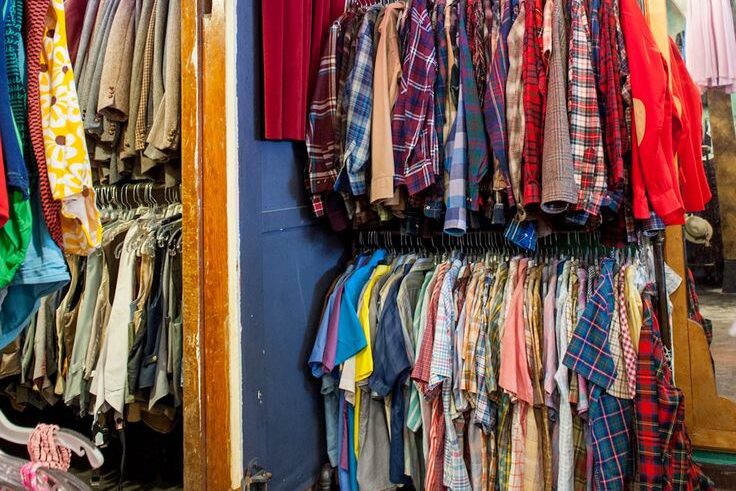
Thrift shopping wasn’t stylish back then. It was simply what made sense. Our grandparents browsed secondhand shops, traded clothes with neighbors, and attended church bazaars to clothe their families affordably. “Why buy new when you can find it used and cheaper?” was the general rule. According to ThredUp, resale shopping is now booming, but for many, it was just survival. Coats, shoes, dishes, nothing was off-limits. Items were cleaned, mended, and proudly reused. Embracing secondhand meant making smart choices, not settling. That mindset still applies today, especially in an age of fast fashion waste.
5. Cooked “Stretch Meals” Like Casseroles, Stews, and Pot Pies
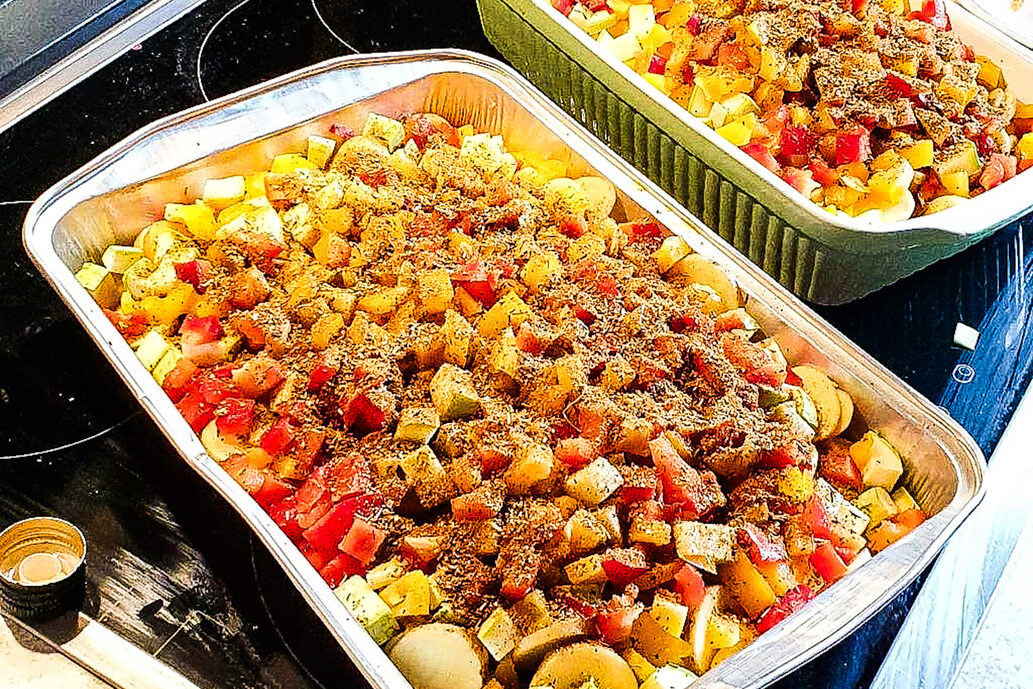
Dinner didn’t need fancy ingredients, just a little creativity. Grandparents made casseroles, stews, and pot pies that stretched small portions into full meals. A bit of meat, leftover veggies, and flour or broth turned into something hearty. “We cooked what we had, not what we wanted,” said a WWII veteran’s wife in a BBC piece. Nothing fancy, just filling. These meals fed big families without big grocery bills. Even better, they could be reheated the next day. In today’s busy world, stretch meals are still one of the easiest ways to save money and reduce waste.
6. Washed and Reused Glass Jars, Plastic Containers, and Foil
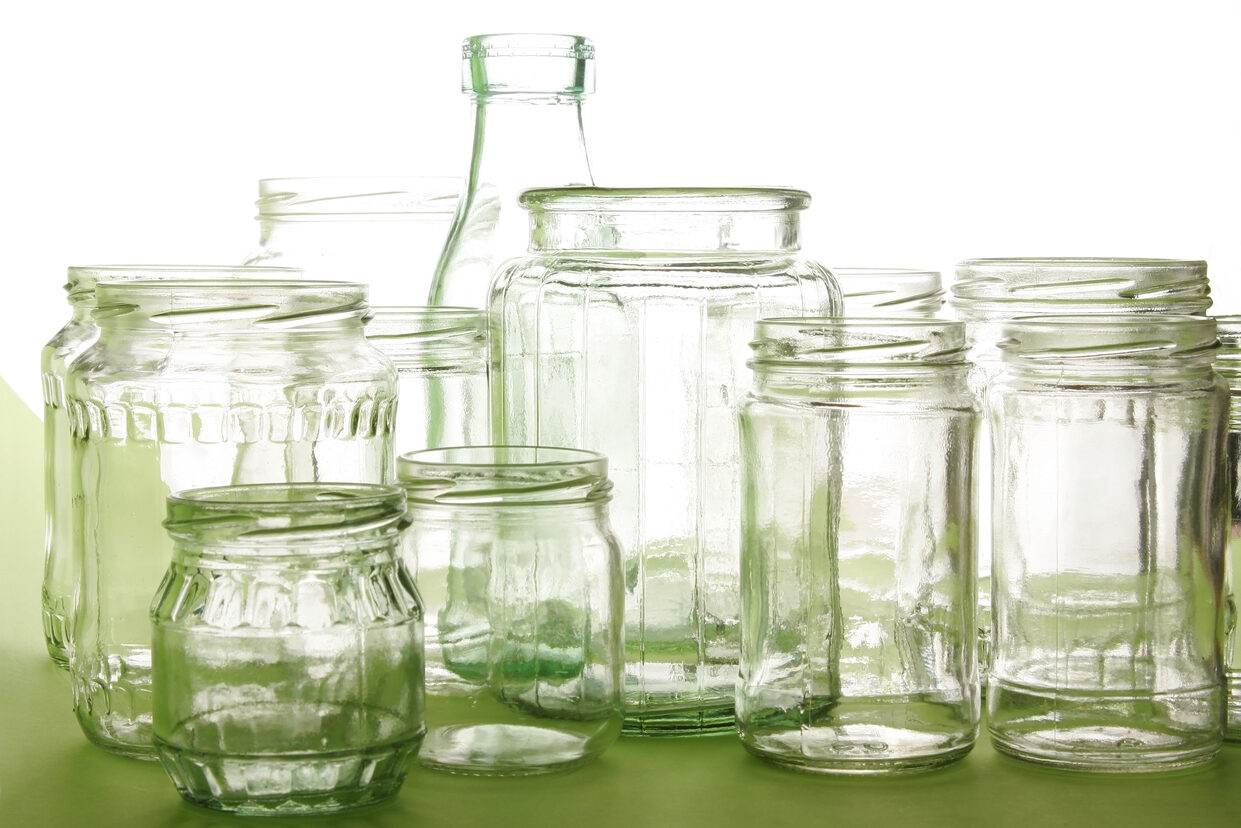
Throwing out a perfectly good jar was unthinkable. Glass pickle jars became canisters, butter tubs held leftovers, and aluminum foil was gently wiped and folded for reuse. “My grandma had a drawer just for used foil,” laughed one Redditor. Nothing went to waste if it still had life. It wasn’t just about saving a few cents. It was a way of respecting resources. Today’s eco-conscious trends echo these same habits. Swapping out single-use plastics for reusable jars or tubs is one simple, old-school switch that helps the planet and keeps your kitchen a little more organized.
7. Walked or Carpooled Instead of Driving Solo
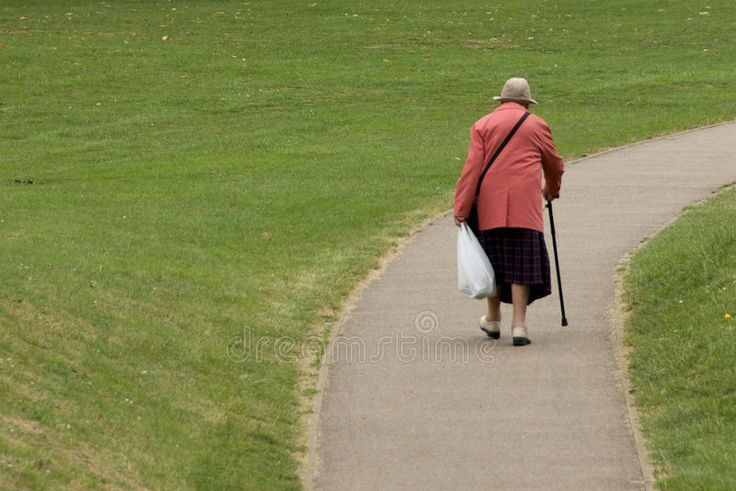
Gas was precious and cars weren’t always reliable, so walking was the default. Need groceries? You’d walk or grab a ride with a neighbor. If someone had a car, everyone piled in for errands or church. “Carpooling wasn’t coordinated, it was neighborly,” said an NPR contributor. Today, with rising fuel prices and climate concerns, walking and carpooling are practical again. A few less solo drives a week can save money, reduce emissions, and give you a chance to chat or slow down. Our grandparents didn’t rush everywhere and they got plenty done.
8. Made Their Own Household Cleaners with Vinegar and Baking Soda

Long before store shelves overflowed with colorful sprays, Grandma had one go-to combo: vinegar and baking soda. This pair cleaned windows, scrubbed sinks, removed odors, and lifted stains, all for pennies. “She cleaned the whole house with two ingredients,” one granddaughter shared on TikTok. It was simple, safe, and effective. No harsh fumes, no expensive brands, just reliable results. Making your own cleaners today not only saves money but cuts down on plastic packaging and chemical exposure. And honestly, there’s something satisfying about cleaning the way Grandma did, straightforward, smart, and with purpose.
9. Mended Socks, Patched Jeans, and Darned Sweaters
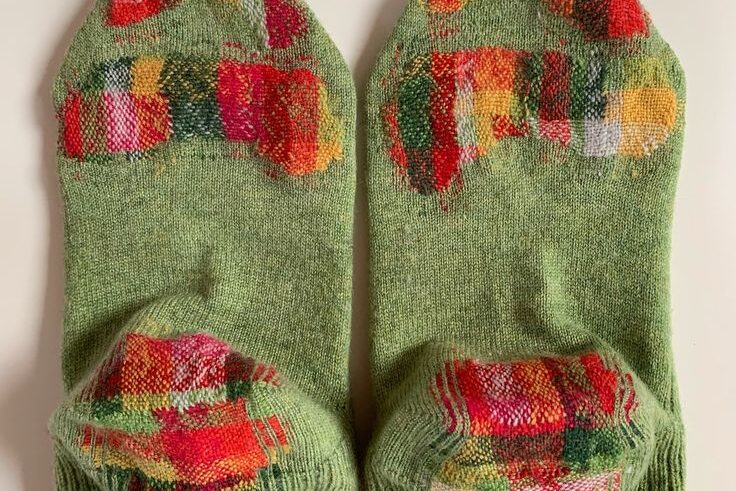
Before tossing anything, our grandparents gave it another shot at life. Holes in socks were darned by hand, jeans got patches, and sweaters were repaired with matching yarn. “We wore things until they gave out, then fixed them again,” one woman told Country Living. Sewing was a life skill, not just a craft. Fixing clothes wasn’t shameful, it was wise. It stretched family budgets and built pride in taking care of what you owned. In today’s throwaway culture, mending feels revolutionary again and a great way to slow down fashion waste and honor what you already have.
10. Grew Their Own Vegetables, Herbs, and Fruit

Grandma didn’t need a supermarket to keep the kitchen stocked. She had a garden. Even a small patch of land could grow tomatoes, corn, or leafy greens that fed the family through the season. They’d also plant herbs and fruit trees and preserve extras by canning. “We ate what we grew,” said one NY Times reader proudly. Homegrown food saved money, tasted better, and cut waste. Plus, gardening taught patience and care. Today, even a balcony garden or countertop herb pot can trim your grocery bill while giving you something meaningful to nurture.
11. Shared Tools, Lawnmowers, and Big Kitchen Items with Neighbors
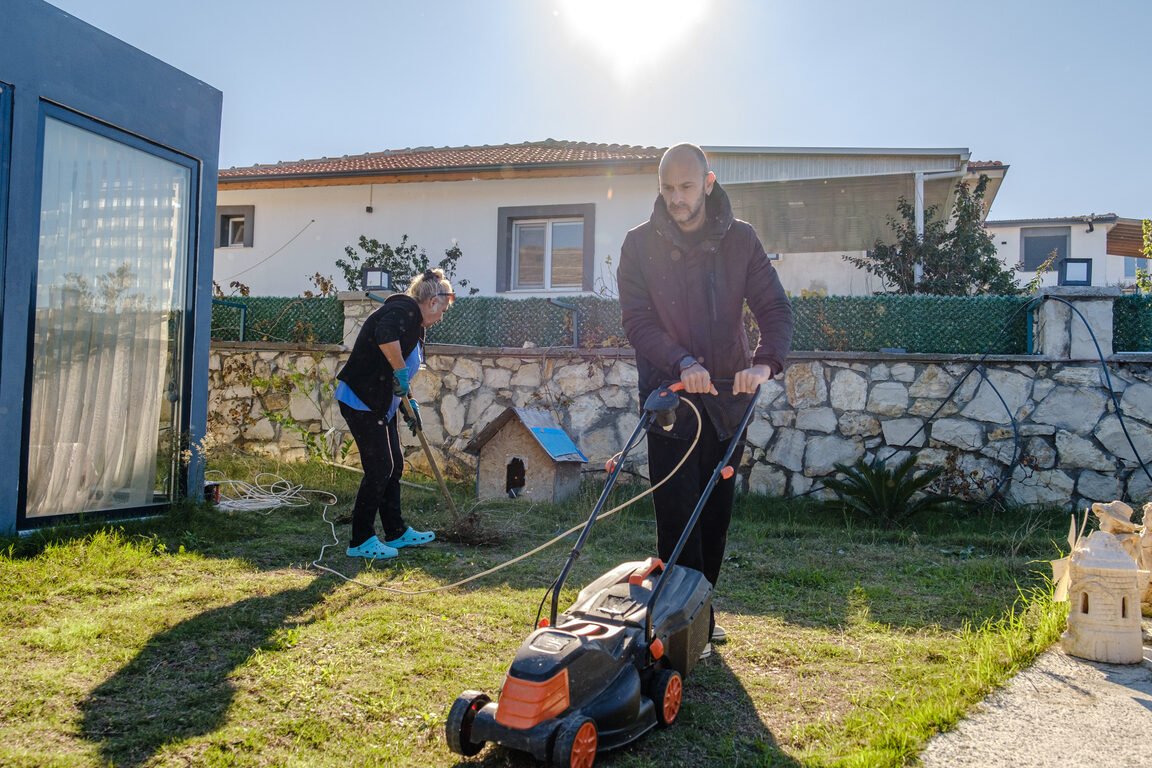
Buying one of everything wasn’t the norm. Grandparents shared tools, garden gear, and even big kitchen appliances like pressure cookers with neighbors. “If someone had it, everyone had it,” remembered one man in a Country Living story. This built community and saved money. Borrowing a ladder or mixer wasn’t awkward, it was expected. Today’s Buy Nothing groups echo this spirit, proving how much we can still lean on each other. Instead of duplicating everything, they simply asked, offered, and gave back. A neighborhood that shares saves more than money. It strengthens trust and connection too.
12. Turned Leftovers Into Entirely New Meals
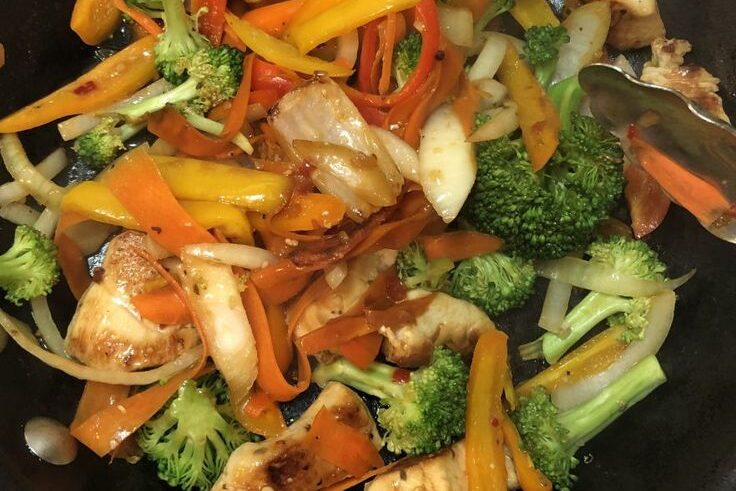
Leftovers didn’t sit forgotten in the fridge. They got reinvented. Roast beef became hash, rice turned into stir-fry, and even mashed potatoes showed up as crispy patties. “Nothing went to waste,” one grandmother shared in Food52. This wasn’t just about saving. It was creative cooking. The fridge wasn’t full of takeout. It was full of potential. Turning scraps into new meals meant fewer grocery trips and more home-cooked flavor. Today, this practice lines up with zero-waste living and budget-friendly meal prep. It’s a habit worth reclaiming, especially when food prices are climbing faster than ever.
13. Collected Rainwater for Gardens and Outdoor Chores
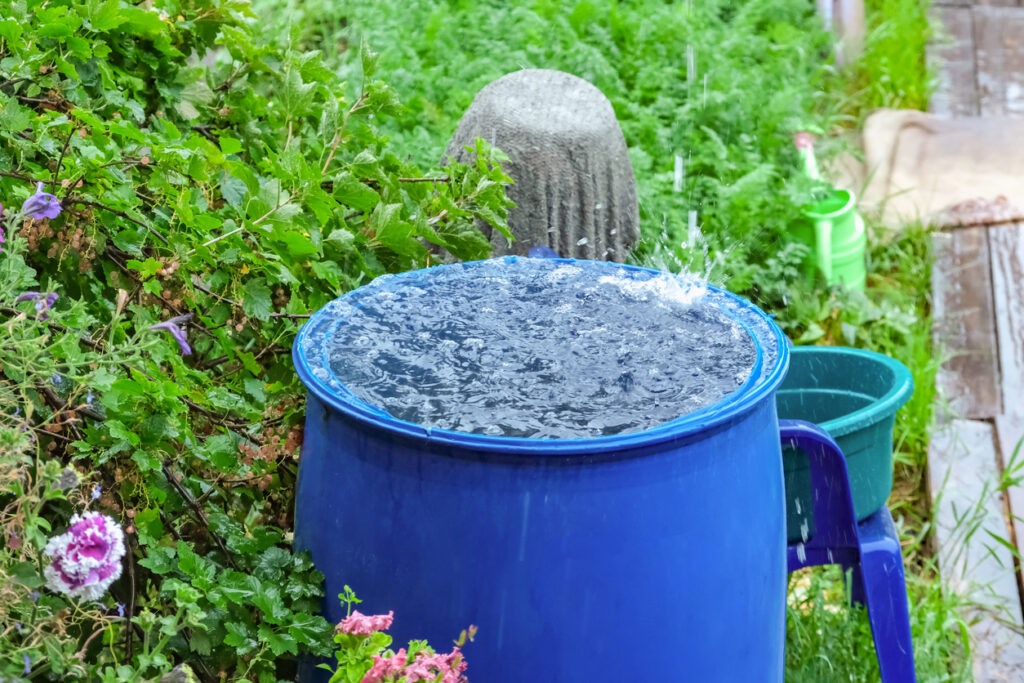
Every drop mattered, especially when it came free. Grandparents placed barrels under gutters to catch rainwater for gardens, laundry, or washing the car. “We called it sky water,” said one elder in a Green America feature. It wasn’t just thrifty. It was practical and resourceful. Saving rainwater helped them avoid using clean tap water on plants or dusty porches. These habits are now encouraged in drought-prone areas and eco-conscious communities. With a simple barrel or bucket, you can turn rain into a free, sustainable tool. Just like Grandma did, one bucket at a time.
14. Cut Up Worn Towels to Use as Reusable Paper Towels
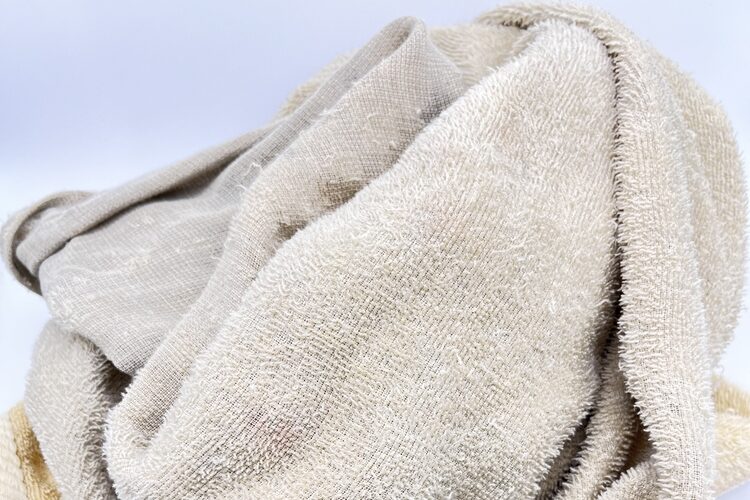
When towels started to fray, they didn’t go to waste. Instead, they were cut into squares and used as cleaning cloths, dish rags, or napkins. “We had a basket full of them,” said one HuffPost reader. These soft, reusable scraps replaced countless paper towels and the habit saved money over time. It also meant less waste piling up in the trash. Today, eco-conscious households are returning to the same idea, ditching disposable paper goods for reusable ones. Turns out, old towels still have plenty of life left in them, especially in a thoughtful home.
15. Saved Buttons, Zippers, and String from Worn-Out Clothes
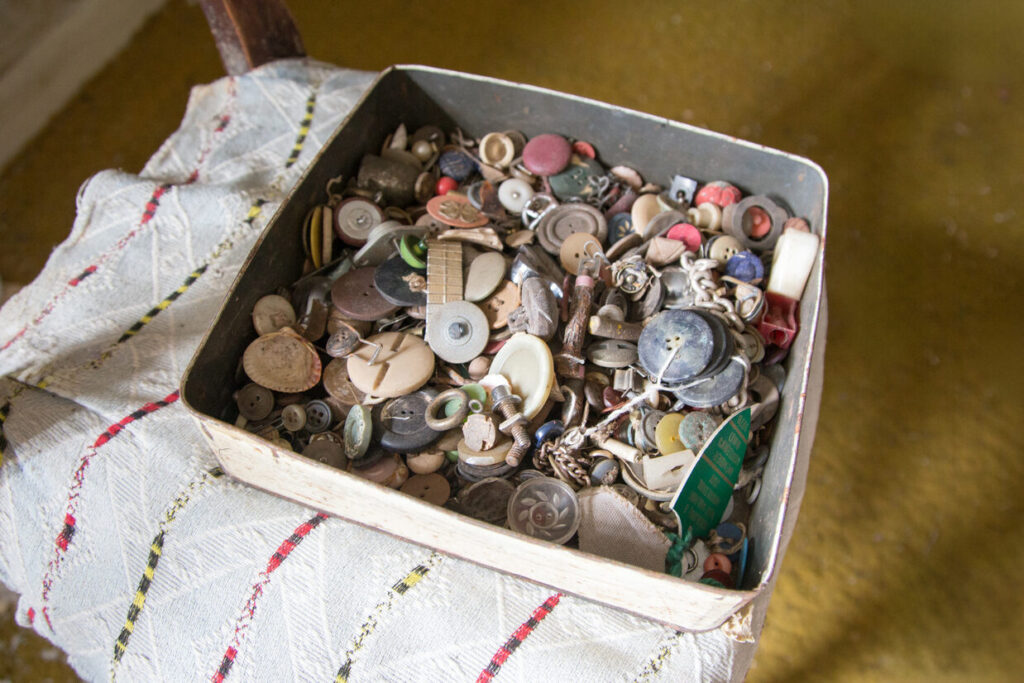
Before tossing worn clothes, they stripped them for parts. Buttons, zippers, elastic, and even string were carefully saved in tins or sewing boxes. “My Nana’s button jar was like a time capsule,” shared a reader in The Guardian. These bits came in handy for mending, crafts, or replacing lost pieces. It wasn’t hoarding. It was planning ahead. Instead of rushing to the store for a single missing button, you already had a backup. It’s a habit that fosters creativity, thrift, and a little sense of preparedness. These little habits built big peace of mind.
16. Used Cash and Envelopes to Stick to a Budget
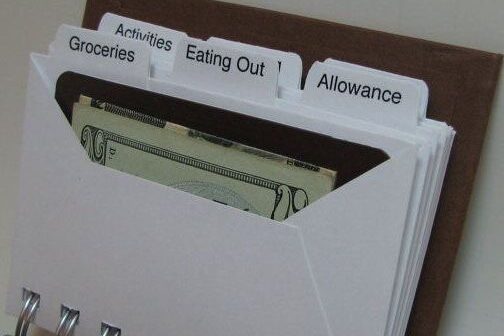
Budgeting was physical, not digital. Grandparents used labeled envelopes for groceries, rent, gas, and savings, each filled with actual cash. “When it’s gone, it’s gone,” was the rule, said a financial coach in Forbes. This hands-on method made spending real and disciplined. It also kept debt in check because credit cards weren’t common or trusted. In today’s tap-and-go culture, envelope budgeting still holds power. It builds awareness and helps rein in impulse spending. And maybe, just maybe, it reminds us that living within our means isn’t old-fashioned. It’s wise, grounded, and worth doing again.
This story 16 Simple and Obvious Things Grandparents Did to Stretch a Dollar and Why We Should Too was first published on Daily FETCH


